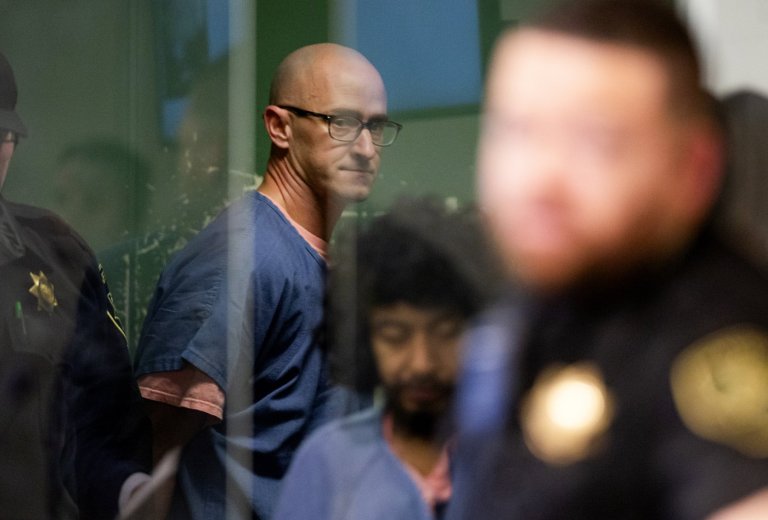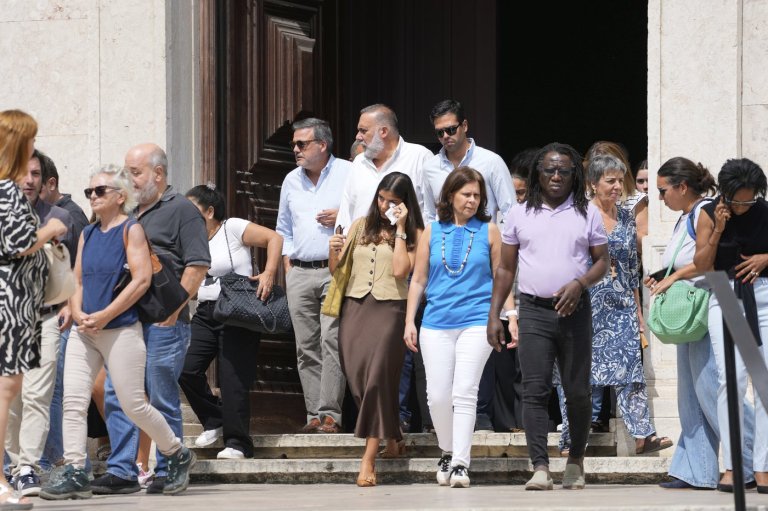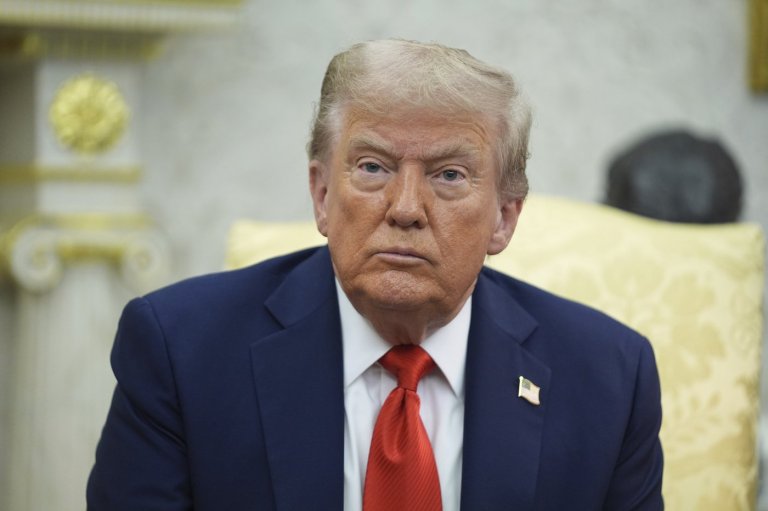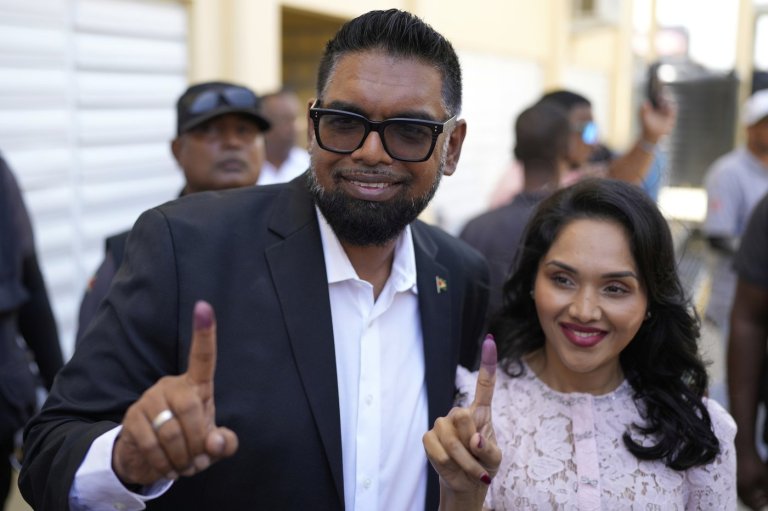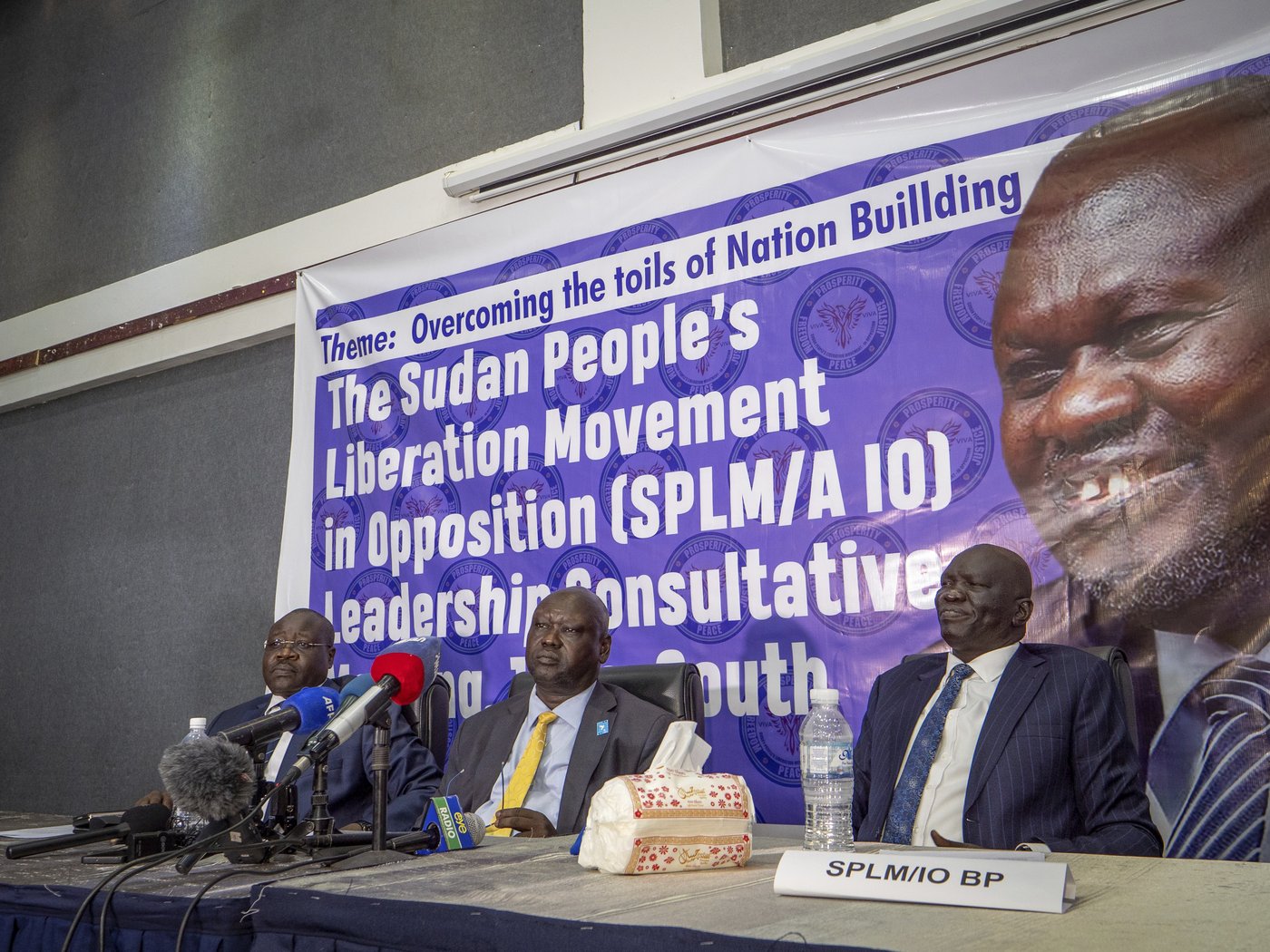
South Sudan’s main opposition party shows rift after longtime leader’s detention
JUBA, South Sudan (AP) — Divisions emerged Wednesday in South Sudan’s main opposition party after the detention of its longtime leader, as some voted to replace him with a government minister accused of conspiring with the country’s president.
Riek Machar, whose political tensions with President Salva Kiir recently threatened to tip South Sudan back into civil war, remained in house arrest as Sudan People’s Liberation Movement-In-Opposition party leaders loyal to him skipped the meeting. Other loyalists have fled the country.
The selection of Stephen Kuol Par, South Sudan’s minister of peacebuilding, as the party’s interim chair came two days after the exiled party deputy suspended him and accused him of conspiring with South Sudan’s president to replace Machar.
Oyet Nathaniel also suspended three other members, accusing them of fostering disunity. Party members had been warned not to attend Wednesday’s meeting.
Par dismissed the suspension, calling it “the joke of the year” and saying the party “cannot be led or take orders from self-exiled leaders.”

When asked if his appointment was a coup against Machar, Par said it wasn’t. He said choosing an interim chair was a way to resolve the party’s leadership crisis.
He also appealed for the release of Machar and other senior SPLM-IO members who were detained two weeks ago following deadly violence in the country’s north.
“This act of detention undermines the principles of peace and dialogue essential for our nation’s recovery,” Par said.
SPLM-IO spokesperson Lam Paul Gabriel in a social media post called Par and others who attended the meeting “betrayers.”
Oil-rich South Sudan gained independence from Sudan in 2011 after a long conflict. The country slid into civil war two years later when forces loyal to the president, an ethnic Dinka, battled those loyal to Machar, an ethnic Nuer. More than 400,000 people were killed.

A 2018 peace deal has been fragile and implementation has been slow. The country has never held a presidential election, and the vote has been postponed until 2026. Peace efforts have seen Machar assume a vice presidency role multiple times.
The recent fighting in the north was between government troops and a rebel militia, known as the White Army, widely believed to be allied with Machar. The White Army overran an army base. Government troops responded with airstrikes. Government forces also attacked opposition forces’ training barracks outside the capital, Juba.
The U.N. and others have warned of a return to civil war.
Some analysts said the change in SPLM-IO leadership may not scuttle the 2018 peace deal. But Abraham Kuol Nyuon, dean of the graduate college at the University of Juba, warned that internal divisions could widen.
“The peace agreement will not collapse, but it will be shaking in the way that there will be suspension for those who are loyal to Machar, and the supporters of Machar will then fight the system,” Kuol told The Associated Press.
___
This version corrects the name of the opposition party to Sudan People’s Liberation Movement-In-Opposition.
Join the Conversation!
Want to share your thoughts, add context, or connect with others in your community?
You must be logged in to post a comment.














